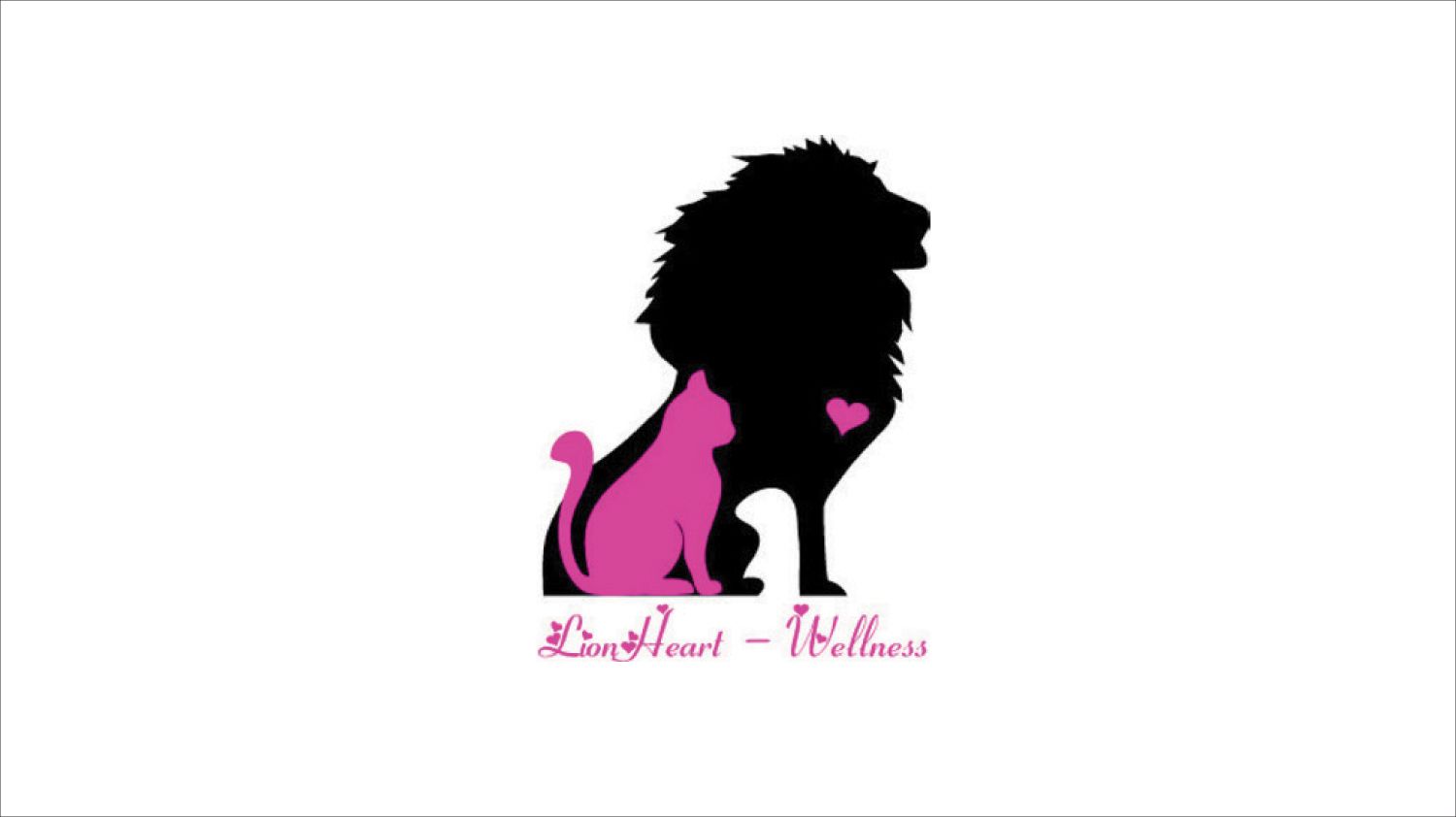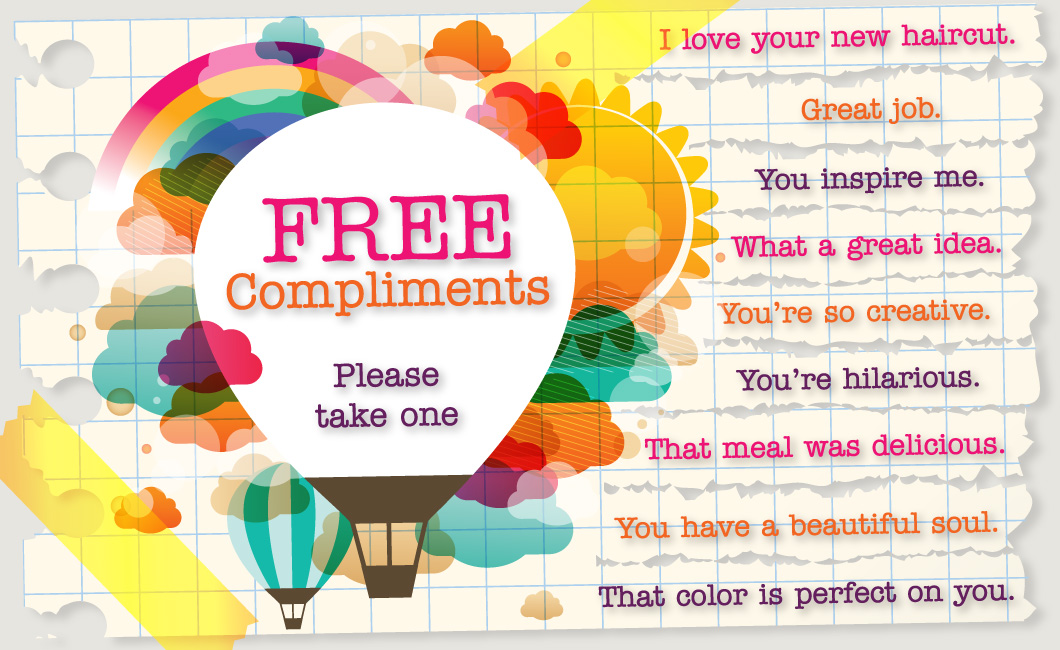Written by Jenifer Chrisman on January 23, 2015.
Life has become a frenetic race to keep up with our hectic schedules, make time for family and friends and still have a little self time. Instead of taking time to acknowledge the good around us, our frantic rushing hither and yon tends to make us focus more on what went wrong. As we feel an intense need to figure out a way to fix errors as quickly as possible in order to get back in the race, our focus stays more and more on the negative. And we all know staying in a negative mindset is not good for us or those around us.
To help alleviate some of that negativity, National Compliment Day (generally celebrated on January 24) was created to remind us to take the time to notice the good around us and to acknowledge it by paying compliments.
Real compliments give that warm and fuzzy feeling. But all things not being equal, neither are compliments.
The art of paying a good compliment has always been much sought after. Sincerity is certainly a major key player. But there are many other factors to making a truly meaningful compliment.
According to psychologytoday.com, there are nine different types of compliments. And only one of them is “The Right Compliment.”
“The Right Compliment” doesn’t have double meanings, isn’t used repeatedly, isn’t overly familiar, is never envious, doesn’t cause hurt feelings by singling out one person, stays on topic, uses tone and body language to back up the words, it doesn’t expect thanks and never, ever looks to gain something.
“The Right Compliment” is confident and to the point. It is specific and, hopefully, unique. It is an acknowledgement of a person’s achievements or efforts with a hint of flair. It is always positive. And, if at all possible, it should tell that person how it has positively affected us.
In short, “The Right Compliment” is genuine, sincere and respectful.
Paying someone “The Right Compliment” has many benefits. A feeling of happiness and great well being surrounds the person on the receiving end, not to mention self doubts can melt away. The receiver also feels good will toward the giver. For the giver, the quest to find the positives in other people creates a positive mind frame. It also helps relieve stress and negativity. And making others happy offers its own reward.
National Compliment Day suggests paying a compliment to at least five different people to help celebrate this special day. But why stop there? Why not make a goal of giving at least one compliment per week, or even one compliment per day?
There is no limit to the spirits that could be lifted if each of us made that extra little effort to find the good in those around and let them know we appreciate it. As Mark Twain said, “I can live for two months on a good compliment.”
Types of Compliments
Ambiguous Compliment: Whether intentional or unintentional, ambiguous compliments have double meanings and are subject to interpretation.
Too-frequent Compliment: Too many compliments can make the person paying the compliments seem insincere, as well as possibly giving a wrong impression if something someone wants to be complimented isn’t.
Inappropriate Compliment: The use of over familiarity in is generally used to manipulate a situation so the person paying the compliment seems to have a closer emotional connection or higher status.
Envious Compliment: Implying jealousy or resentment, this type of compliment makes the person on the receiving end feel worried for the safety of a prized possession or stalked for a quality they possess and the person paying the compliment very obviously wants.
Awkward Compliment: Although many compliment types can produce a sense of awkwardness, the awkward compliment (involving a group of three or more people) will leave those not being complimented feeling hurt or angry and the person being complimented cringing because they were singled out.
Wrong Set of Qualities Compliment: This off-topic compliment tends to develop into self-doubt. (i.e.: a meeting to discuss work related issues and someone is complimented on how nice they look would tell that person they aren’t valued for their work performance.) This type of compliment also includes positive stereotype about a sex, race or ethnicity.
Unintentionally Rude Compliment: Compliments are just about what you say but how you say. Tone and body language can turn what was a sincere compliment rude.
Sales Pitch Compliment: Also knows as the “suck up” compliment, this type of compliment uses flattery for self gain.
The Right Compliment: Bearing in mind the negativity of the above compliment types, the right compliment is genuine, sincere and respectful, used judiciously and is given with no intent for personal gain.
Sources: For more on the types of compliments visit psychologytoday.com/blog/fulfillment-any-age/201305/9-types-compliments-and-why-they-work-or-not.



